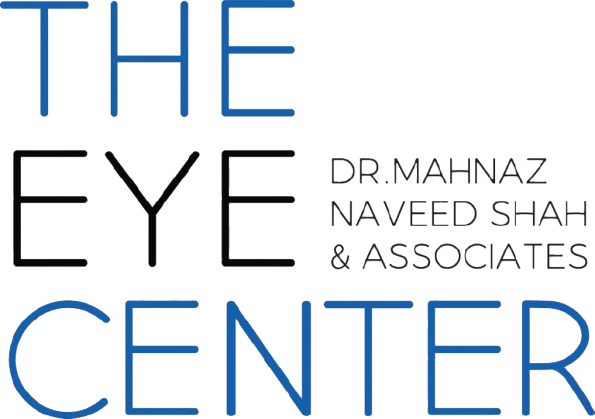When blood does not flow properly to the optic nerve in your eye, it eventually results in permanent damage to the nerve. This condition is called ischemic optic neuropathy (ION). One or both of your eyes may abruptly lose their ability to see when you have ION.
Your eyes send information to your brain via the optic nerve. These messages are subsequently transformed into the visuals you see by your brain. The optic nerve does not receive enough oxygen or nutrients when blood flow to it is restricted or stopped. The optic nerve gradually deteriorates and dies.
Your peripheral (side) and central (detail) vision or both can be impacted by ION. Any visual loss brought on by ION is typically permanent because a damaged optic nerve cannot be repaired. People who have severe ION typically still retain some peripheral vision.
If blood flow to your optic nerve is reduced, your vision will darken for a few seconds or minutes then return to normal. This is called a transient ischemic attack (TIA). An attack of this nature could occur before ION. Call your ophthalmologist or primary care physician as soon as you notice any TIA symptoms. Early diagnosis and treatment of the issue can help stop additional ION-related visual loss.
While anyone can develop ischemic optic neuropathy (ION), those with high blood pressure, high cholesterol (too much fat or lipid in the blood), sleep apnea, heart disease, sudden drop in blood pressure or blood loss, diabetes, smoking, clogged arteries, glaucoma, being over 50, having migraine headaches, and having swelling of the arteries in the head (called temporal arteritis) are more likely to do so.
Your ophthalmologist will perform an eye examination to check for ischemic optic neuropathy warning signals. Using eye drops to expand your pupils, he or she will then look for swelling of the blood vessels and optic nerve in the rear of your eye.
To check for symptoms of giant cell arteritis, your ophthalmologist may also examine your peripheral (side) vision, evaluate the fluid pressure inside your eye, or do a blood test (also known as temporal arteritis or inflammation of blood vessels)
Your ophthalmologist may prescribe steroid (prednisone) pills if your ION is brought on by swollen arteries in your brain (temporal arteritis). This medication might stop ION in your other eye from forming.
Any additional medical conditions you have that increase your risk for ION may need to be treated by your doctor. For those suffering from migraines, high blood pressure, diabetes, clogged arteries, or other medical conditions, they may be prescribed medication.
There is no cure for ION-related eyesight loss. To manage your activities with low vision, your ophthalmologist may advise magnifiers, assistive technology, and other strategies. Fortunately, ION occurs more frequently in one eye than in both.
At The Eye Center- Dr. Mahnaz Naveed Shah & Associates our team of eight ophthalmology subspecialists/ eye specialists, eye surgeons who are considered amongst the very best eye specialists in Karachi and in Pakistan, have the diagnostic and treatment capabilities to treat from the simplest to the most complex patients. We work hard to provide our patients with the best possible medical and surgical eye care, in a state of the art purpose built eye care facility. We offer the entire array of medical, laser and surgical treatments to help provide patients the best possible care in the most efficient, safe and ethical manner.
If you need an appointment, please contact us at 03041119544 during our working hours or leave us a WhatsApp message at +923028291799 and someone will connect with you. Walk-in appointments are also available for emergencies. We can also be reached through our web portal on www.surgicaleyecenter.org
